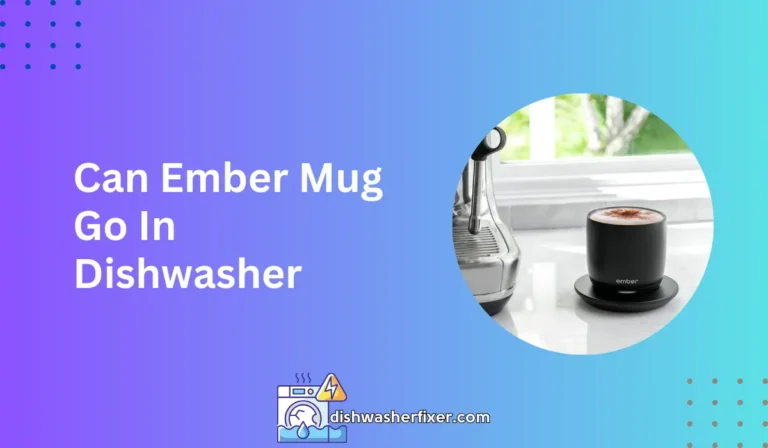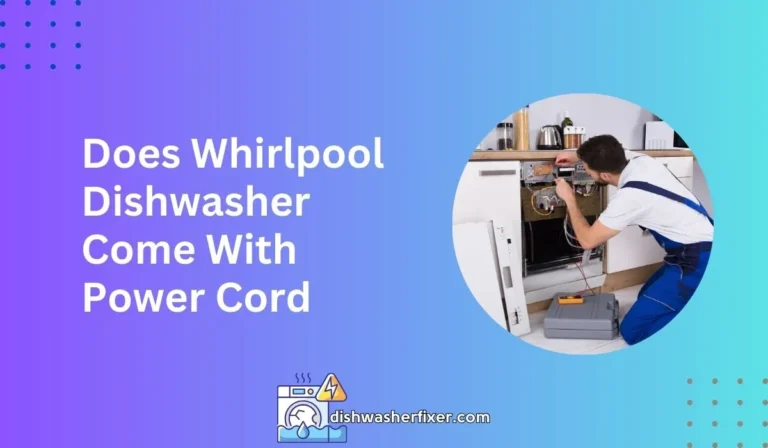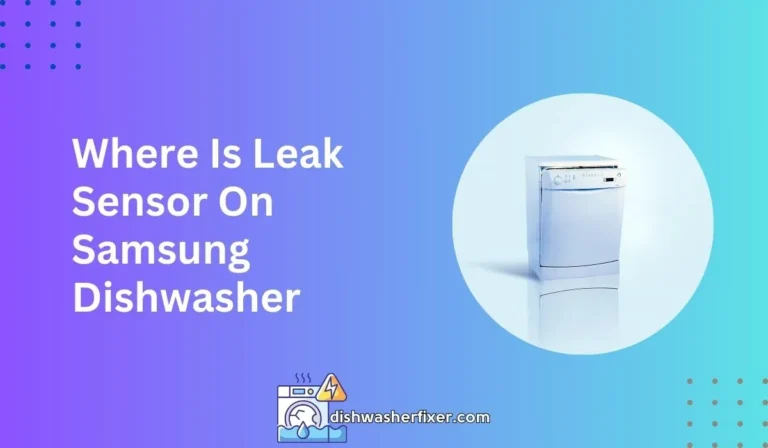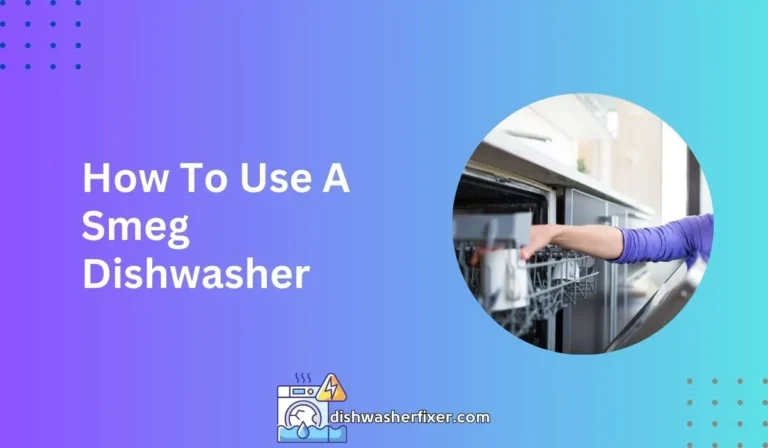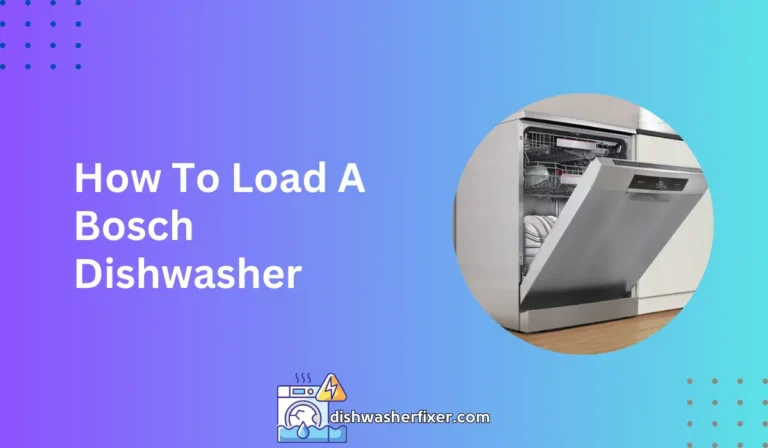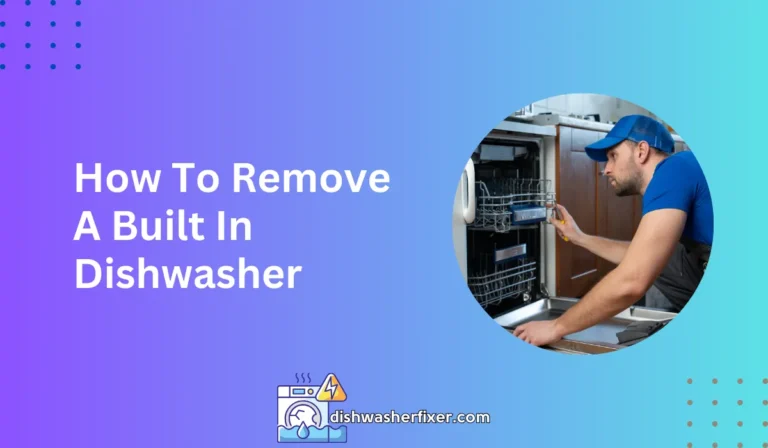Can You Have a Dishwasher with a Septic Tank? Safe Tips & Tricks
Yes, you can use a dishwasher with a septic tank. Ensure it’s energy-efficient and uses phosphate-free detergents to protect the septic system. Regular maintenance and avoiding excessive use are also crucial for septic health.
Understanding Septic Systems and Dishwashers

How Septic Systems Function
Septic systems are underground wastewater treatment structures commonly used in areas without centralized sewer systems.
They use a combination of nature and time-tested technology to treat household wastewater from bathrooms, kitchen drains, and laundry.
A typical septic system includes a septic tank and a drainfield, also known as a leach field or soil absorption field. The septic tank digests organic matter and separates floatable matter (e.g., oils and grease) and solids from the wastewater.
The liquid, known as effluent, then flows from the tank into the drainfield for further treatment by the soil. Microbes in the soil digest or remove most contaminants before the wastewater eventually reaches groundwater.
Impact of Wastewater on Septic Systems
The wastewater generated in your home, including that from dishwashers, contains various substances that can impact your septic system. High volumes of water can flood the system and disrupt the delicate biological balance within the tank.
Additionally, chemicals and solids can build up faster than they can be broken down, potentially leading to blockages or system failures.
It’s essential to consider the quality and quantity of wastewater that enters the septic system to keep it functioning correctly.
Concerns with Dishwashers and Septic Tanks
There are general concerns when using a dishwasher with a septic tank. Dishwashers contribute to the overall water usage in the household, and the detergents and food particles that are washed away can affect the septic system.
The use of harsh chemicals can disrupt the microbial balance in the tank, which is essential for breaking down waste. Hence, it’s necessary to consider the type of dishwasher and cleaning agents used in homes with septic systems.
Water Efficiency and Biodegradable Detergents
To protect your septic system, it is crucial to use water efficiently and choose biodegradable detergents. Water-efficient appliances reduce the strain on the system by minimizing the volume of wastewater that needs to be treated.
Biodegradable detergents break down easily in the environment, posing less risk to the microbes in the septic tank and the surrounding ecosystem.
Choosing the right products and practices can make a significant difference in maintaining a healthy septic system.
Best Practices for Using a Dishwasher With a Septic System

Selecting a Septic-Safe Dishwasher
When choosing a dishwasher for a home with a septic system, opt for an energy-efficient model that is designed to use less water per cycle.
Appliances that carry the ENERGY STAR label meet strict criteria set by the US Environmental Protection Agency or the US Department of Energy.
Using a dishwasher with these specifications helps reduce the amount of water entering the septic system, thereby preventing overload.
Eco-Friendly Detergent Options
To preserve the health of your septic system, select phosphate-free and biodegradable detergents.
Phosphates can cause algae blooms in nearby lakes and rivers, and they are not easily broken down in a septic system. Eco-friendly detergents are less likely to disrupt the microbial balance within the septic tank, ensuring efficient operation.
Conserving Water and Managing Load Frequency
Conserve water to prevent your septic system from becoming overwhelmed. You can do this by running the dishwasher only when it is full, which maximizes the efficiency of water use.
Also, avoid running the dishwasher simultaneously with other high water usage activities, like laundry or showering, to reduce the burden on the septic system.
Maintenance of Dishwasher and Septic System
Regular maintenance is critical for both your dishwasher and septic system. Clean the dishwasher filter often to prevent food particles from entering the septic system.
Additionally, have your septic tank pumped out by professionals every 3 to 5 years, depending on usage, to remove the solids that accumulate in the tank and could cause system failure if not managed.
Potential Issues and Solutions

Common Dishwasher-Related Septic Problems
Using a dishwasher with a septic system can lead to issues such as clogs in the drainfield or an overloaded septic tank.
Excessive water discharge from the dishwasher can saturate the drainfield, and non-biodegradable detergents can harm the microbes in the septic tank that break down waste.
Preventing Clogs and Damage
To prevent clogs and damage, scrape dishes clean before loading them into the dishwasher to reduce the food waste entering the septic system.
Additionally, use a dishwasher with a built-in garbage disposal to grind food particles into smaller pieces that are less likely to cause blockages.
Optimizing Septic System Performance
Optimize your septic system by conserving water, using the right detergents, and performing regular maintenance. These actions help maintain the system’s balance and prevent costly repairs or replacements.
Be vigilant about what goes down the drains in your home, and consider the effects on your septic system.
When to Seek Professional Advice
If you notice slow drains, unpleasant odors, or water pooling in the drainfield area, it may be time to consult a septic system expert.
These signs can indicate that your septic system is not functioning properly and may require professional attention. Regular inspections can catch potential issues before they become major problems, saving you time and money in the long run.
FAQs About Dishwashers with Septic Tanks
Can I use any dishwasher with a septic tank?
Yes, you can use a dishwasher with a septic tank, but it’s recommended to choose an energy-efficient model and use phosphate-free detergents.
Do dishwashers affect septic tank health?
Dishwashers can affect septic tank health if used excessively or with improper detergents, so it’s important to use them responsibly.
How often can I use a dishwasher on a septic system?
While there’s no set limit, it’s important to avoid excessive use and ensure regular maintenance of both the dishwasher and the septic system.
What type of detergent is safe for a dishwasher with a septic tank?
Use phosphate-free detergents as they are safer for septic systems and help prevent potential damage.
Is regular maintenance of a septic system more important if I have a dishwasher?
Yes, regular maintenance is crucial for septic health, especially if you have a dishwasher, to prevent any potential issues from arising.
Final Thoughts
Owning a dishwasher is compatible with a septic tank system, provided it is energy-efficient and utilizes phosphate-free detergents.
To ensure the longevity and proper functioning of your septic system, regular maintenance is essential, along with moderating the frequency of dishwasher use.
